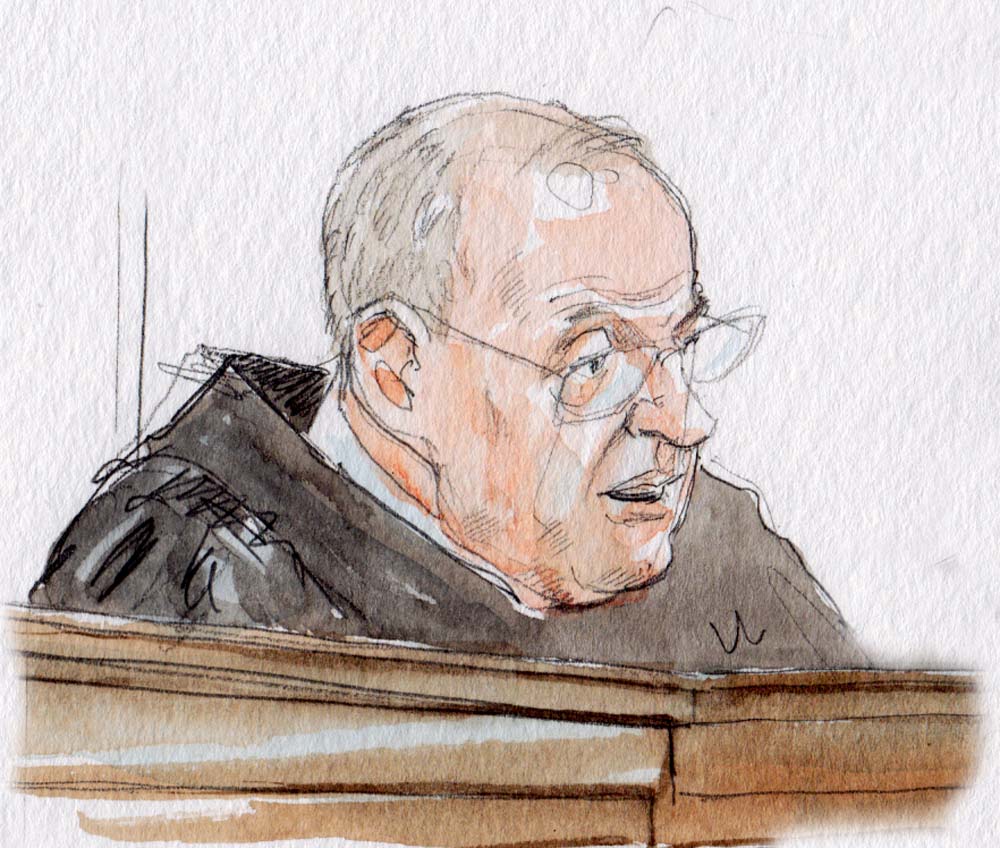must strive to do is come to those results in good faith, in a right and proper way, and with clarity so that citizens can understand the reasoning,” Kennedy writes. He also acknowledges that justices are not infallible, admitting he was wrong about the execution of minors.
Controversial Cases: Reflections on Landmark Decisions
Kennedy’s memoir delves into several controversial cases where his opinions shaped legal history. One such case is Citizens United v. Federal Election Commission, in which Kennedy voted to strike down limits on corporate spending during political campaigns.
He acknowledges the public’s concerns about money in politics but maintains that it was their role to rule on the constitutionality of specific legislation passed by Congress.
Another landmark case discussed is Obergefell v. Hodges, where Kennedy authored the majority opinion recognizing a constitutional right to same-sex marriage. He reflects deeply on the history and social changes surrounding marriage, emphasizing the impact on children raised in gay families. Kennedy also shares his personal experience with Justice Scalia’s controversial dissent, which he describes as “intemperate” but ultimately resolved through a private conversation.
Personal Reflections and Future Implications
Kennedy’s memoir includes candid reflections on his tenure at the Supreme Court, including his role as a swing justice. He expresses disdain for being labeled as such and emphasizes that it was the cases that “swung,” not him. The author also discusses his views on presidential deference to the Supreme Court, advocating for presidents to make judgments based on a good-faith interpretation of the Constitution while respecting court rulings.
Additionally, Kennedy provides personal anecdotes, such as meeting with Russian President Vladimir Putin and dealing with threats against his family from members of the Manson family. He concludes by expressing disagreement over music preferences, humorously noting that he thought the Rolling Stones were “avant-garde” when his children enjoyed them.
Conclusion
In “Life, Law and Liberty,” Justice Anthony Kennedy offers a candid look into his judicial philosophy and significant legal decisions. His emphasis on humility and integrity in decision-making highlights the complexities of serving as a Supreme Court justice. The memoir not only provides insights into landmark cases but also personal reflections that offer a glimpse into the human side of one of America’s most influential jurists.

